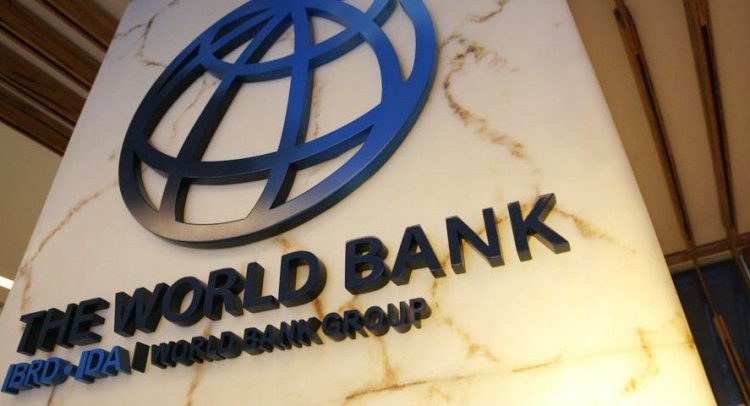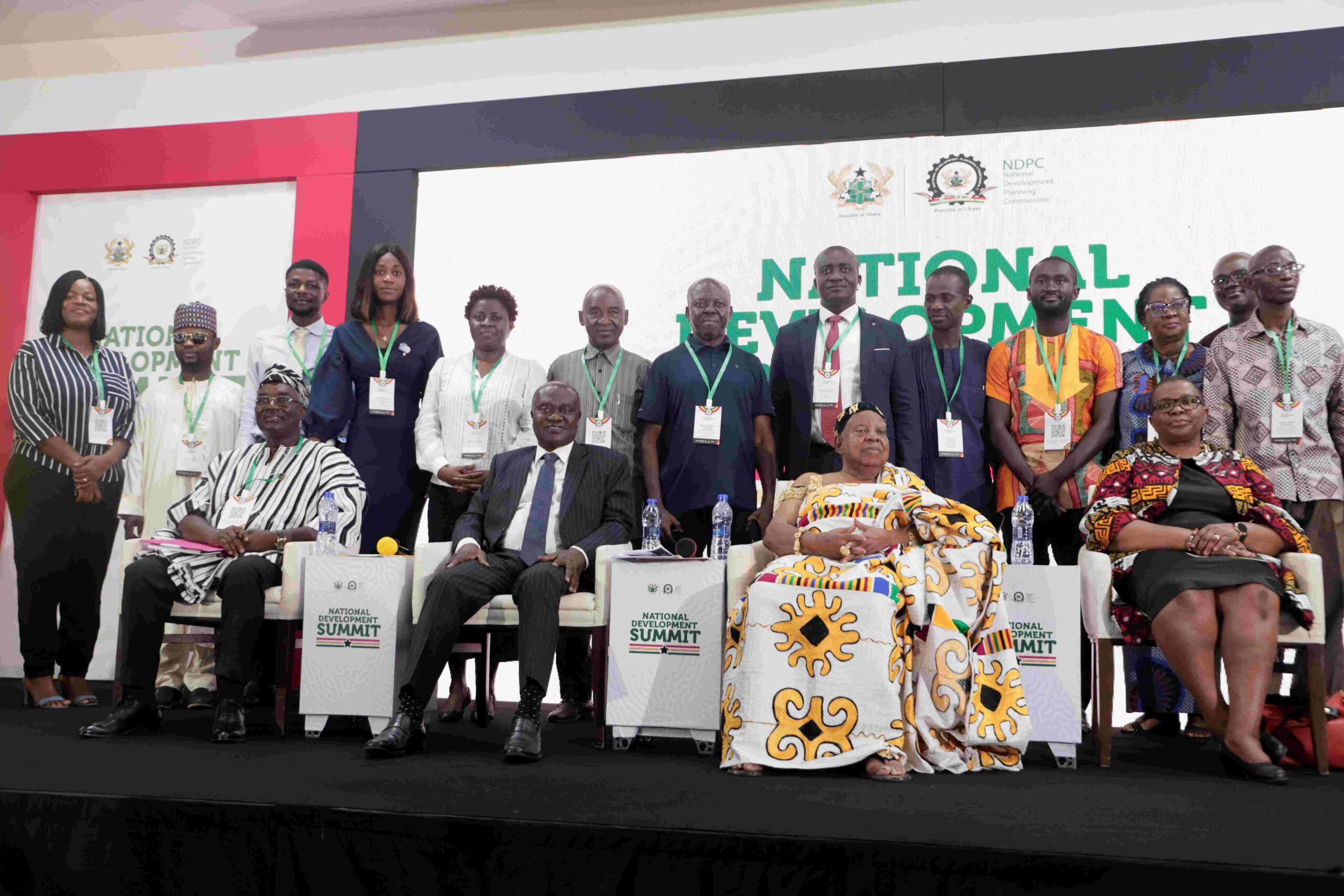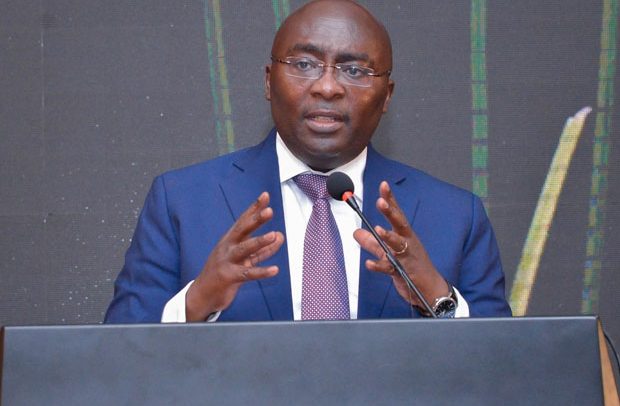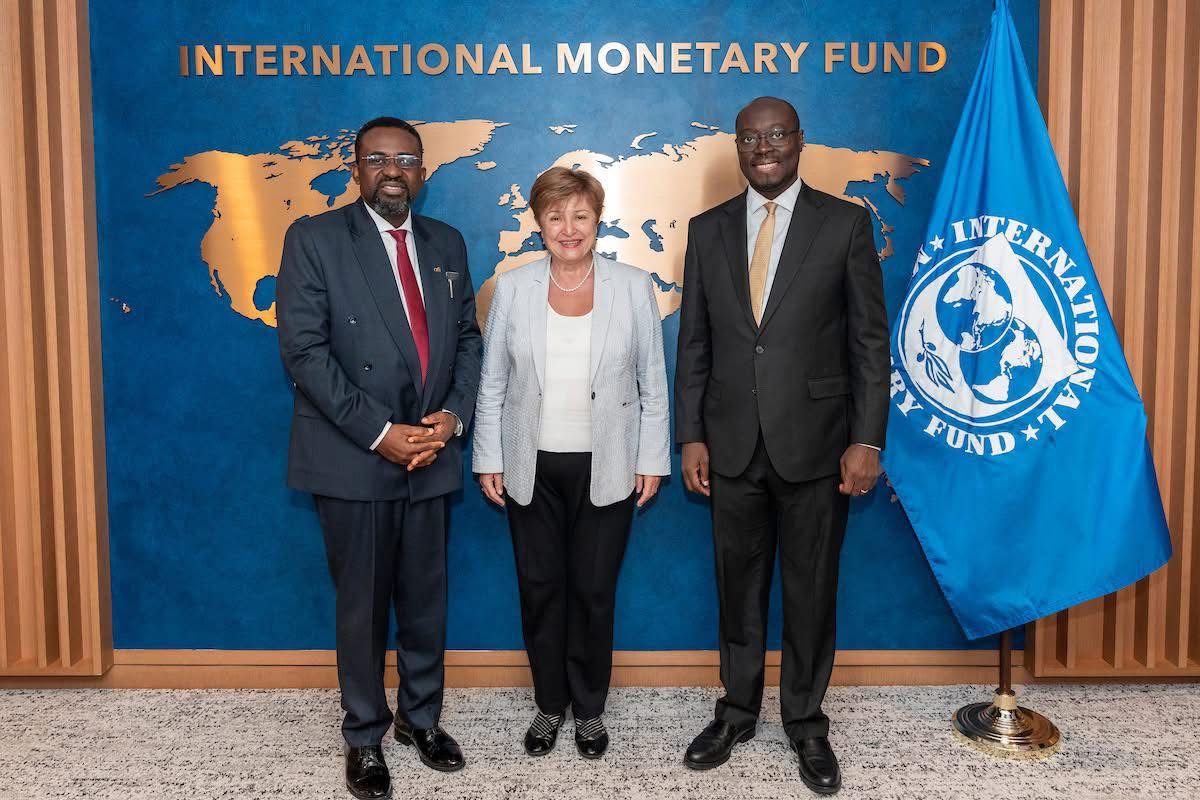
Ghana moved two places upwards and ranked seventh out of 38 sub-Saharan African countries in the 2017 Country Policy and Institutional Assessment (CPIA) report released yesterday.
The CPIA is a tool used by the World Bank to measure the quality of policies and institutions in various countries and monitor how they were being improved.
Countries are rated on five pillars: economic management, structural policies, policies for social inclusion and equity and public sector management and institutions.
Ghana had a CPIA Score of 3.6 which is an improvement of 0.1 as compared to the 3.5 score recorded in 2016, meaning the quality of the country's policies and institutions had improved but slightly.
The average score amongst the 38 countries was 3.2 with Rwanda recording the highest score of 4.0 this year, followed by Senegal, Cape Verde, Kenya, Tanzania, Burkina Faso, Ghana, Uganda, Benin, and Cote d'Ivoire.
The CPIA results were released by the Wold Bank through a video call monitored in Ghana at the Wold Bank office in Accra by World Bank officials, Civil society organisations and journalists.
According to the report, Ghana's highest performing pillar was policies for Social Inclusion and Equity, where it scored 3.8 against an average of 3.2 while the lowest was economic management with a score of 3.3 compared to an average of 3.2.
These two pillars were the highest and lowest respectively in 2016.
In the structural policies pillar, Ghana scored 3.5 while it scored 3.6 in the public sector management and institutions.
Commenting on the outcome of the assessment, Punam Chuhan-Pole, lead economist and lead author of the report said the average quality of policies and institutions in sub-Saharan Africa was broadly unchanged in 2017.
Observing that this was a shift from the deterioration recorded in the previous years, she said favourable global conditions supported a turnaround in economic activity on the continent.
"According to our analysis, nearly 30 percent more countries strengthened their policy and intuitional quality in 2017 compared with 2016 .This is encouraging," she said.
Albert Zeufack, the World Bank's Chief Economist for Africa said the CPIA was crucial for African countries as a better score led to an increase in concessional financing from the World Bank.
He said it was an excellent tool for policy formulation and monitoring and therefore charged countries to pay more attention to the tool and use it as a guide to their activities.
Read Full Story





















Facebook
Twitter
Pinterest
Instagram
Google+
YouTube
LinkedIn
RSS